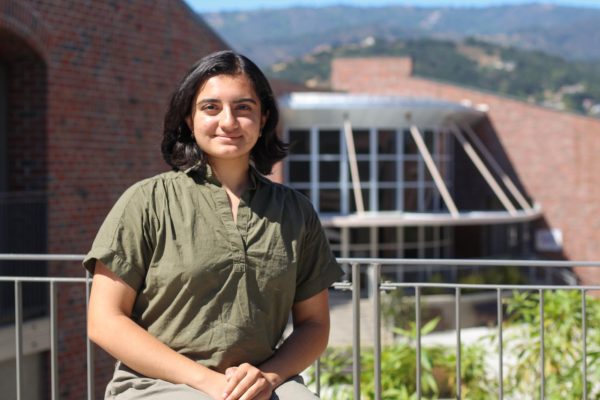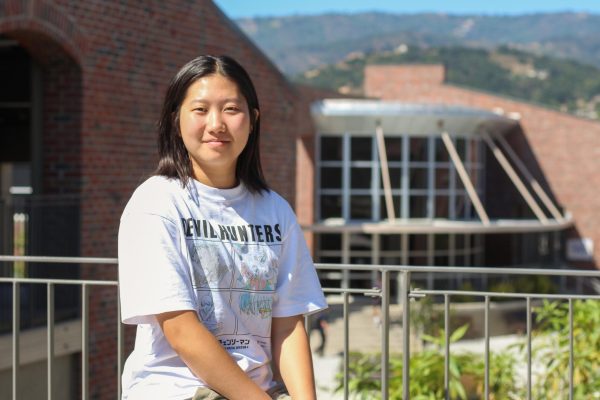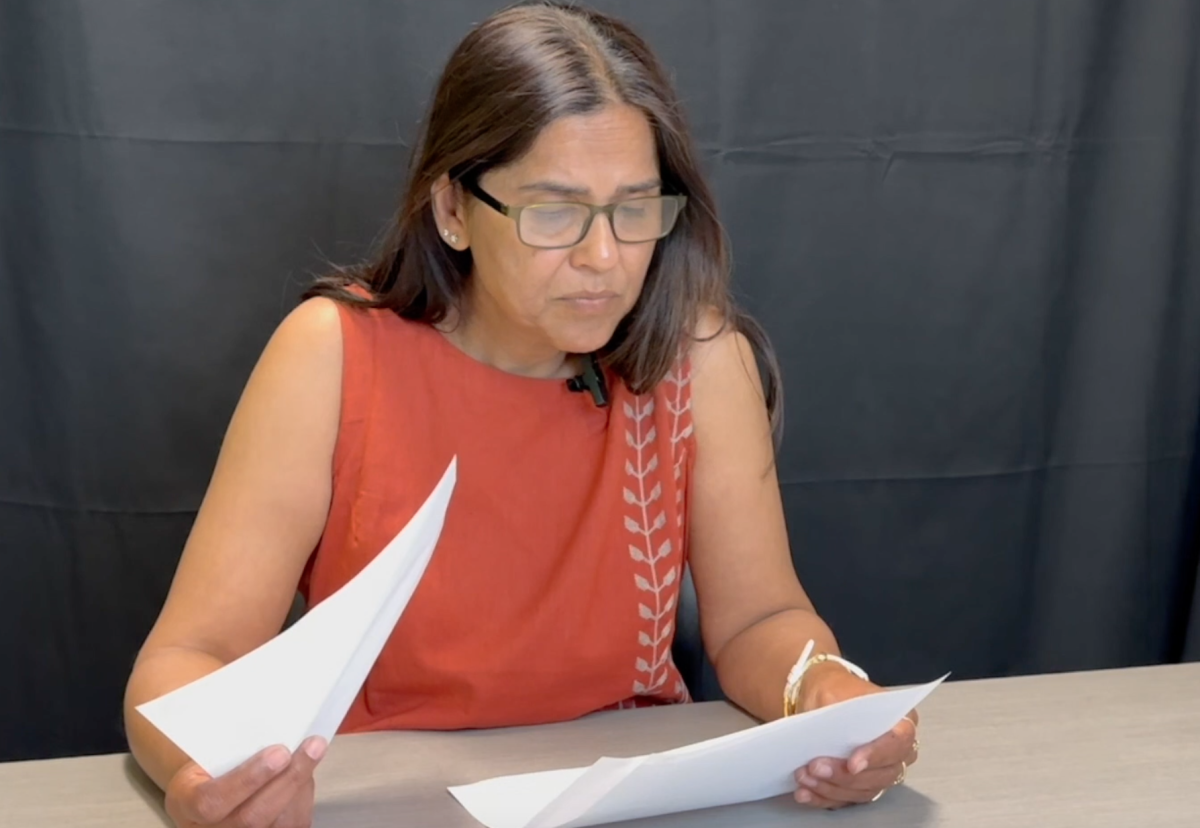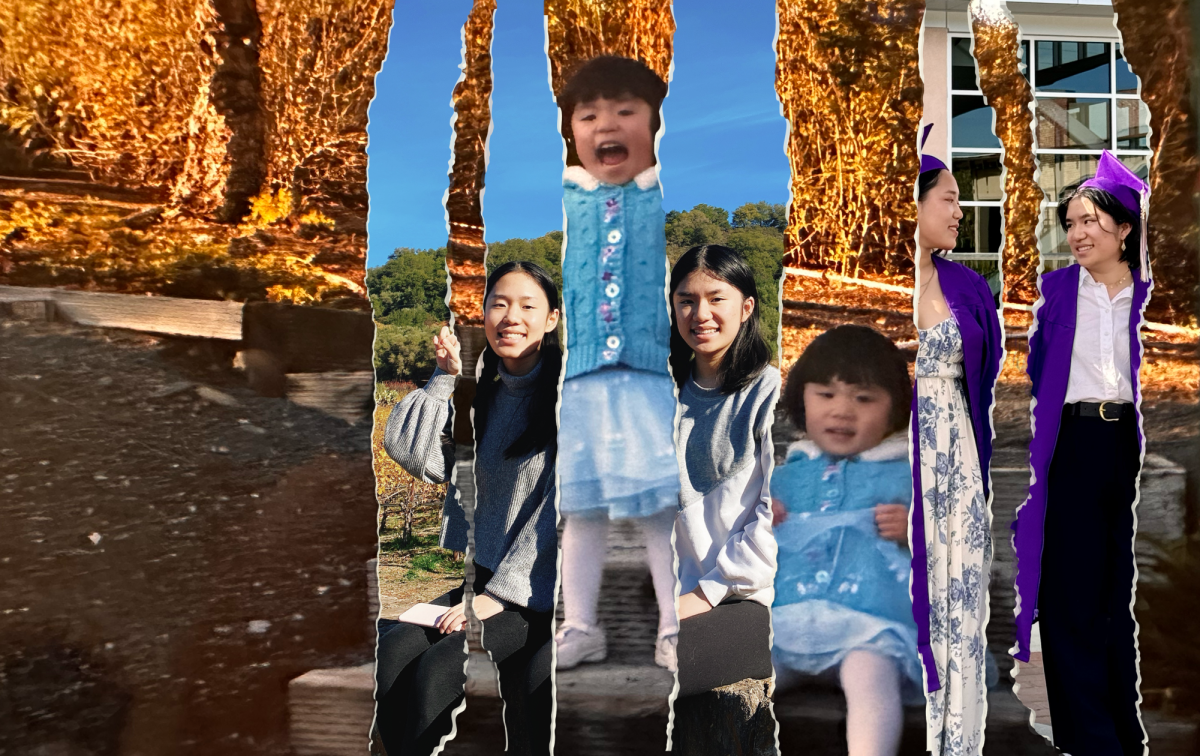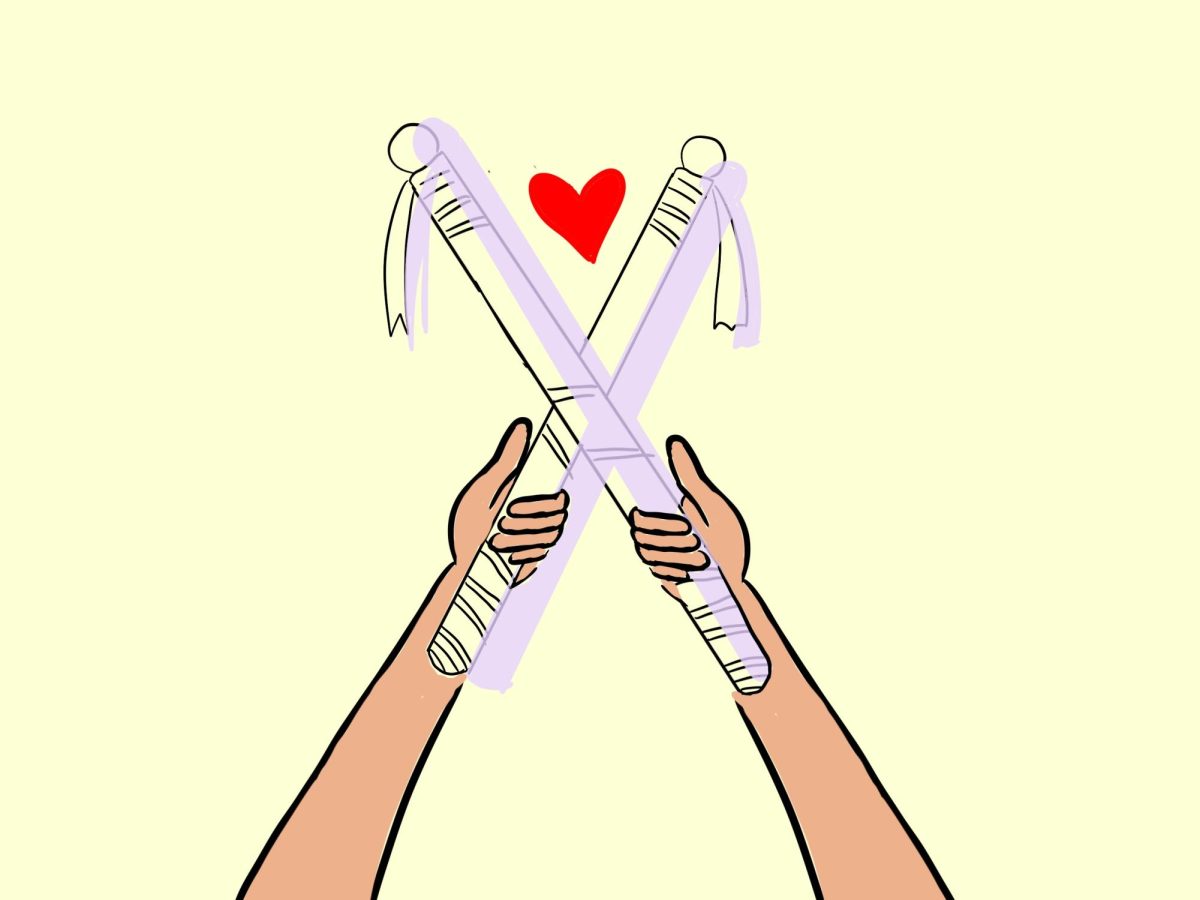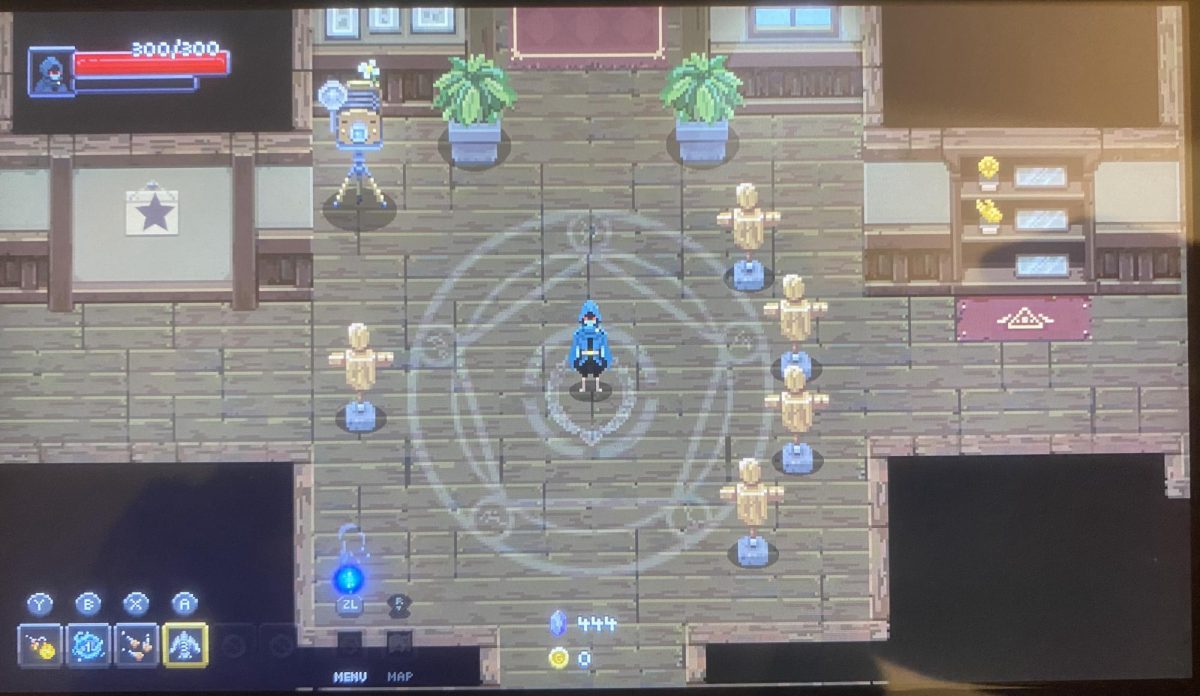According to a survey of 116 MVHS students, 73 percent believe teachers should not incorporate their own beliefs into their curriculum. With many social science and literature curriculum at MVHS tied to politics, a debate rises over whether teachers should express their personal political beliefs in the classroom.
AP Government teacher Hilary Barron explains that this issue also divides teachers. She describes how, while attending an AP Government training conference, teachers had a huge debate regarding whether or not they should express their political opinions in classrooms. Personally, Barron tries to be as unbiased as possible and avoids incorporating her personal views in her classes.
“I try not to influence students to believe one side or another,” Barron said. “I do want to have them see what the different arguments are. I want students to be exposed to different viewpoints and then come up with their own. My goal is not to convince students to vote a certain way or to believe a certain thing but just to present them with the arguments so that they can make an educated decision.”

However, Barron notes that she cannot prevent her implicit bias from showing in her teaching, especially after the 2016 election. She explains that her strong feelings against Donald Trump’s views and policies pushed her to share more of her political beliefs with her students. However, Barron notes that it is crucial for teachers to be transparent that they come from a biased viewpoint when expressing their own beliefs in class.
In contrast, English teacher Derek Lu says his political beliefs are closely intertwined in his curriculum. Lu explains that his discontentment with the lack of diversity within the English curriculum when he attended Lynbrook High School encouraged him to become an English teacher and modify the curriculum to include more texts by authors of color.
Similarly, AP Government teacher Benjamin Recktenwald says his love for current events was the main reason why he transitioned from teaching both U.S. History and Government to only AP Government. Influenced by the political discussions with his mother from a young age, Recktenwald explains that he enjoys talking about politics and feels disingenuous to students if he acts neutral on topics that he is so passionate about.
“Whenever I tell people I teach Government, they go, ‘Oh, you don’t talk about politics, do you?’ and I’m like, ‘How could I not?’” Recktenwald said. “I straight up tell students that I’m going to be expressing my political views in class, and if you disagree with me, it’s no problem. I encourage you to think for yourself. But I also say to make sure whatever views you have, they’re actually based on reality. Don’t just take someone else’s word for it. If you agree with me, find out for yourself if what I’m saying is true.”
For AP Macroeconomics teacher Pete Pelkey, rather than directly stating his beliefs, he offers data and historical and current events from both parties and leaves it up to the students to form their own opinions. However, Pelkey says economics courses have the potential to revolve around the political identity of the teacher.
“In Econ classes all over this district and all over the United States, lessons become the political philosophy of the teacher,” Pelkey said. “It’s either, ‘I’m to the left or I’m to the right,’ and then they try to push that idea. That’s not our job. Our job is to actually say what a scientist always says, ‘This is what the information shows. This is what we know. This is what we can say.’ And you always have to come back to what the data is showing you.”
However, Lu disagrees, saying it is necessary to expose students to political events, especially for classes that do not discuss contemporary social issues, like Mythology and Folklore. In his opinion, it is less important to strictly follow the curriculum than it is for students to understand the world around them. Thus, Lu incorporates political issues that he believes are important in his curriculum, such the Israeli-Palestinian conflict, which he discusses with his seniors in Mythology and Folklore.
“I think it’s so easy to just go on putting curriculum first and only doing what you have in your daily agenda, but I think that’s a disservice to students,” Lu said. “Your content means nothing in whatever subject and should take a backseat when the world is crashing, quite literally and metaphorically. Because what kind of future are our students going to have when reproductive rights are taken away, when the right to vote is taken away, when the earth is literally melting?”
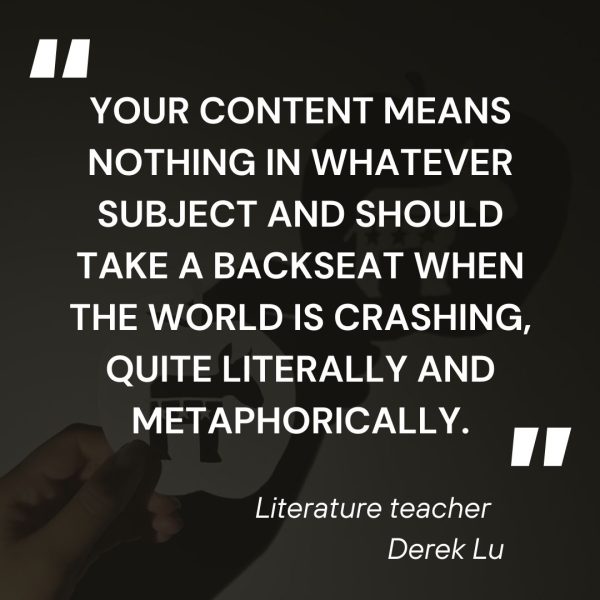
However, regardless of whether teachers should incorporate their political identities into their curriculum, Barron, Lu, Pelkey and Recktenwald all believe that a teachers’ responsibility is to open students’ eyes and ears to different voices and arguments so that they can determine for themselves where they lie on the political spectrum.
As students begin to develop their own distinct views and opinions, Recktenwald explains that it is crucial for students to learn how to agree to disagree, stating that political discussions have become extremely toxic in recent years. Pelkey adds that the most important lesson for teachers to give students is to be tolerant of one another.
“We need a society that tolerates other people’s ideas, and we’ve lost that somehow recently,” Pelkey said. “There’s people that think, ‘I want to shut you down if you disagree with me, when what you’re doing is not necessarily threatening my existence.’ You’re just saying, ‘I disagree.’”
Ultimately, Barron explains that as students further develop their own critical thinking and analysis skills throughout high school, they begin to find the issues that they align with the most. Lu agrees, highlighting how most seniors have already formed their own opinions, which is why he feels that it is necessary to expand their perspectives through political discussions.
“It’s not necessarily that I want you to agree with me,” Lu said. “I want you to think. I want you to recognize that there are other perspectives of looking at an issue and provide a counter narrative. For example, the book ‘Misogynoir Transformed: Black Women’s Digital Resistance’ provides a counterlens for us to view the way Serena Williams has been treated by the mainstream media instead of just believing that she has a bad temper and she’s unsportsmanlike. And all I can ask for is that you take our political discussions earnestly and with good faith.”






